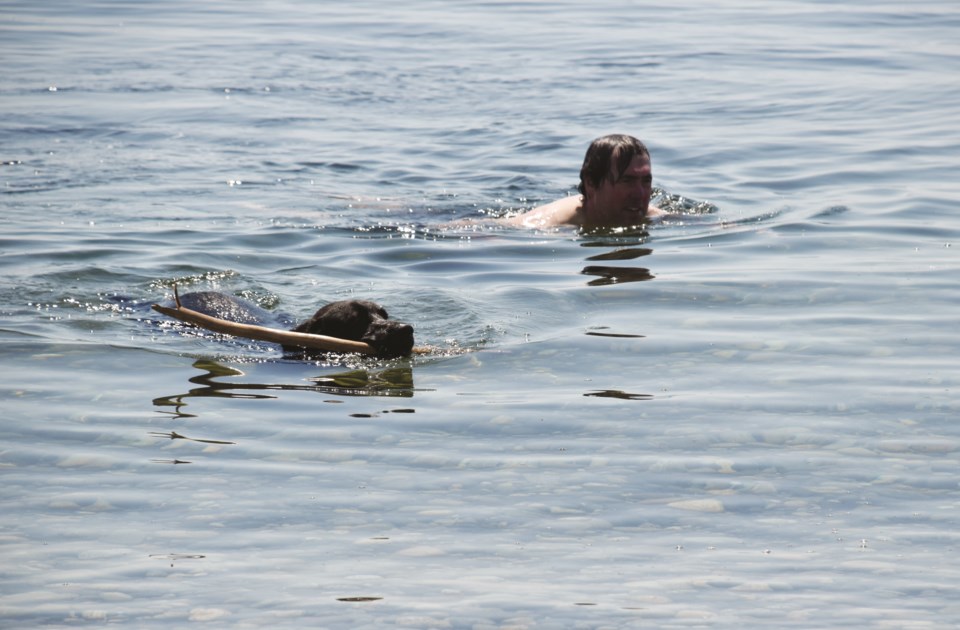Editor:
I have just finished reading reports, on how the heat wave in June 2021 resulted in the death of 619 people in B.C., many of them seniors over the age of 70 and people who had health challenges. Social isolation was a key risk factor.
The majority of these deaths occurred indoors. At the same time, many of our community members who are homeless, or who are inadequately housed, also face danger from these extreme weather conditions. B.C. will at last finally implement a Heat Alert Warning System but this is not enough to directly help people.
Our Sechelt and Sunshine Coast communities’ members make up many of these same population demographics. It is imperative that our local governments need to have concrete measures in place to respond proactively act to prevent more deaths this year.
I am suggesting that such measures can include: designating the Seaside Centre as a cooling centre, having air conditioned mobile units in set locations, and smaller units/vans travelling throughout the community and available to be called to respond to heat-related calls, having a central number to call for help.
Additionally, the District of Sechelt and other governments need to work with the federal and B.C. government health ministries to stop the punitive law of billing for ambulance service emergency calls at $50 for a paramedic home response and $80 for a response and transport to hospital. This law particularly hurts low-income seniors and health-compromised vulnerable individuals.
Public Health officers and units also need to work with governments and citizens to come up with health safety measures including proactive policies such as getting funding grants for installing air conditioning units in individual units and buildings,
setting up urgent care outreach response teams and centres.
Cathy du Preez-Kiss, Sechelt



